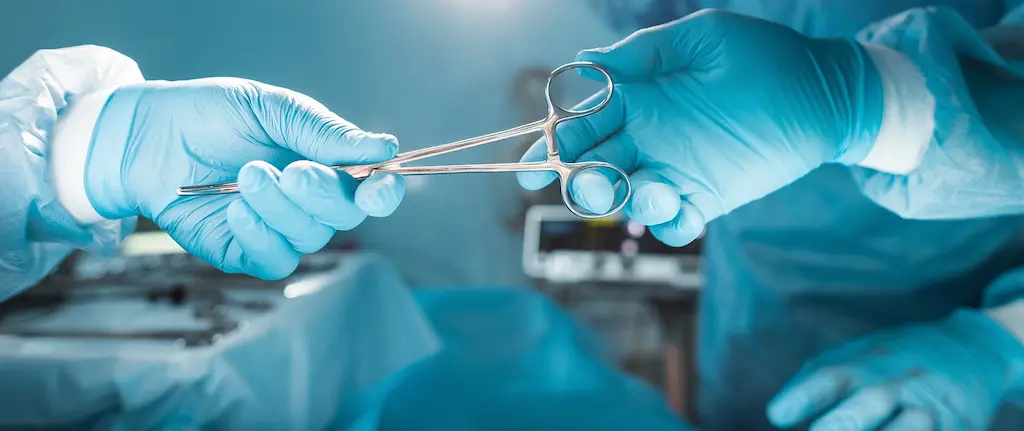Role in the Operating Room
A Surgical Technologist, also known as a surgical tech or operating room technician, serves as a vital member of the surgical team. They work directly with surgeons, anesthesiologists, and registered nurses to ensure surgical procedures run smoothly and safely. The role combines technical expertise with precise attention to detail in a fast-paced environment.
Surgical techs are responsible for preparing the operating room before surgery by sterilizing equipment, arranging surgical instruments, and ensuring all necessary supplies are ready. During procedures, they hand instruments to surgeons, maintain the sterile field, and anticipate the surgical team's needs. This critical role in becoming part of the surgical team requires extensive knowledge of surgical procedures and instruments.
Primary Responsibilities
The daily tasks of a surgical tech include preparing patients for surgery by washing and disinfecting incision sites, transporting patients to the operating room, and positioning them on the operating table. They must also count supplies, such as sponges and instruments, before and after procedures to ensure nothing is left inside a patient.
During surgery, surgical techs maintain the sterile field, manage specimens for laboratory analysis, and operate sterilization equipment. They may also assist in applying dressings to closed incisions and help transfer patients to recovery rooms after procedures are complete.
Work Environment
Most surgical technologists work in hospital operating rooms, but they may also find employment in outpatient surgery centers, dental offices, or specialty clinics. The position requires standing for long periods and being comfortable working in a high-pressure environment where attention to detail is crucial.
The role typically involves working full-time, including possible evening, weekend, and on-call shifts to accommodate emergency surgeries. Surgical techs must wear specialized protective equipment, including sterile gowns, gloves, and masks, throughout their shifts to maintain the sterile environment essential for patient safety.
Healthcare Team Integration
Surgical technologists are integral members of the perioperative team, working closely with surgeons, registered nurses, and anesthesiologists. They participate in pre-operative briefings, contribute to surgical planning, and help ensure compliance with safety protocols and procedures.
Communication skills are essential as surgical techs must effectively relay information between team members and respond quickly to instructions during procedures. They also interact with various hospital departments, including central supply, laboratory services, and post-operative care units.
